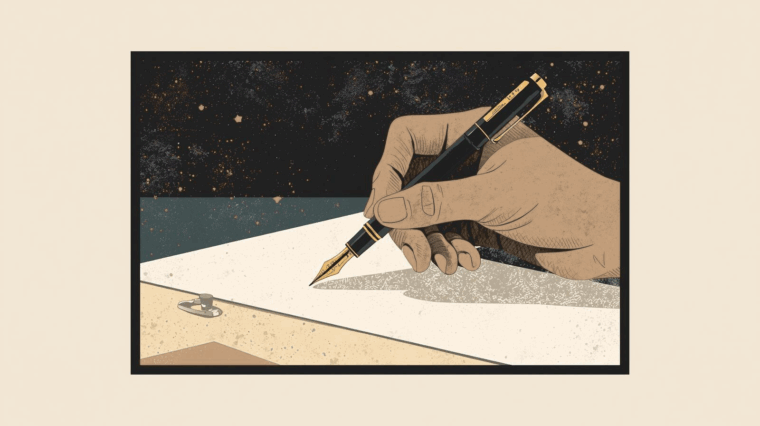Series: 7 Things ChatGPT Can’t Tell You About Publishing (Part 1): How to Pitch an Agent—Why Transformation (Not Trauma) Wins

Welcome to the first installment of my new series, 7 Things ChatGPT Can’t Tell You About Publishing.
If you’ve ever wondered how to pitch an agent, you know it’s not just about polished sentences—it’s about knowing what agents actually want. AI tools are wonderful for grammar checks or trimming excess words, but what they can’t replicate is the instinct of someone who has read thousands of submissions and can tell, in a single paragraph, whether a pitch has promise or will be swiftly declined.
In this inaugural series on the Get Signed blog, we’re going to run through those very human reasons behind a rejection, the ones no algorithm can anticipate
Let’s begin with one of the most common pitfalls for memoirists and inspirational nonfiction writers:
The Grief-Heavy Pitch
If you’re writing memoir or inspirational nonfiction, chances are you’ve lived through loss, the kind that reshapes your very being. The impulse to write from that wound is both courageous and universal. But here’s the truth most writers overlook: pain alone doesn’t sell. Transformation does.
Too often, I see pitches that dwell exclusively on trauma, page after page of devastation with no glimpse of relief, hope, or redemption. To an agent, this feels one-note, heavy-handed, and frankly, unmarketable. What keeps us turning pages isn’t the darkness, but the light breaking through.
What agents and readers crave is your alchemy, the ways you turned despair into possibility, heartbreak into resilience. When your pitch leaves us asking, “Where’s the air? Where’s the spark?” you’ve lost us before page one.
This doesn’t mean glossing over your pain. It means contextualizing it. Wondering how to pitch an agent successfully? Show us laughter returned. Show us the surprising friendship, the hard-won insight, the love or purpose that bloomed.
Rewrite Examples
- Before: “After losing both parents in one year, I spiraled into depression. This memoir chronicles my darkest moments.”
- After: “After losing both parents just months apart, I set out on a yearlong sabbatical that took me from the Andes to the Amalfi Coast. Along the way, I built unlikely friendships, uncovered long-buried family secrets, and discovered that home isn’t a place. It’s a feeling I had to reclaim.”
Do you see the difference? The first is a closed door, while the second invites us inside a journey worth following.
Here’s another:
- Before: “This book shares how I coped with my daughter’s sudden passing, the emptiness that followed, and my ongoing grief.”
- After: “After losing my daughter without warning, I spent six months waking up at 3 a.m., baking bread I had no appetite to eat. It was in those quiet, flour-dusted hours that I began to write her letters—one each day. This memoir weaves those letters with the story of how I found language for my loss, built a ritual of remembrance, and eventually opened a grief-writing workshop that has helped others speak their silence.”
Takeaway
Don’t just sell us the suffering. Sell us the triumph born from it. That’s what earns a second look.
Ready to take your pitch further? Join our Book Publishing Accelerators Program to refine your proposal and get publishing-ready.
Join thousands of authors in our community and get the official Get Signed Toolkit!
- A 40-minute video download: “The Essential Elements for Getting Published”
- Your personal Author’s Workbook to keep your publishing goals on track
- Winning query letters that scored agent representation and book deals
- An excerpt of Get Signed by Lucinda Halpern
I won’t sell or rent your email address. You can opt-out at any time.
